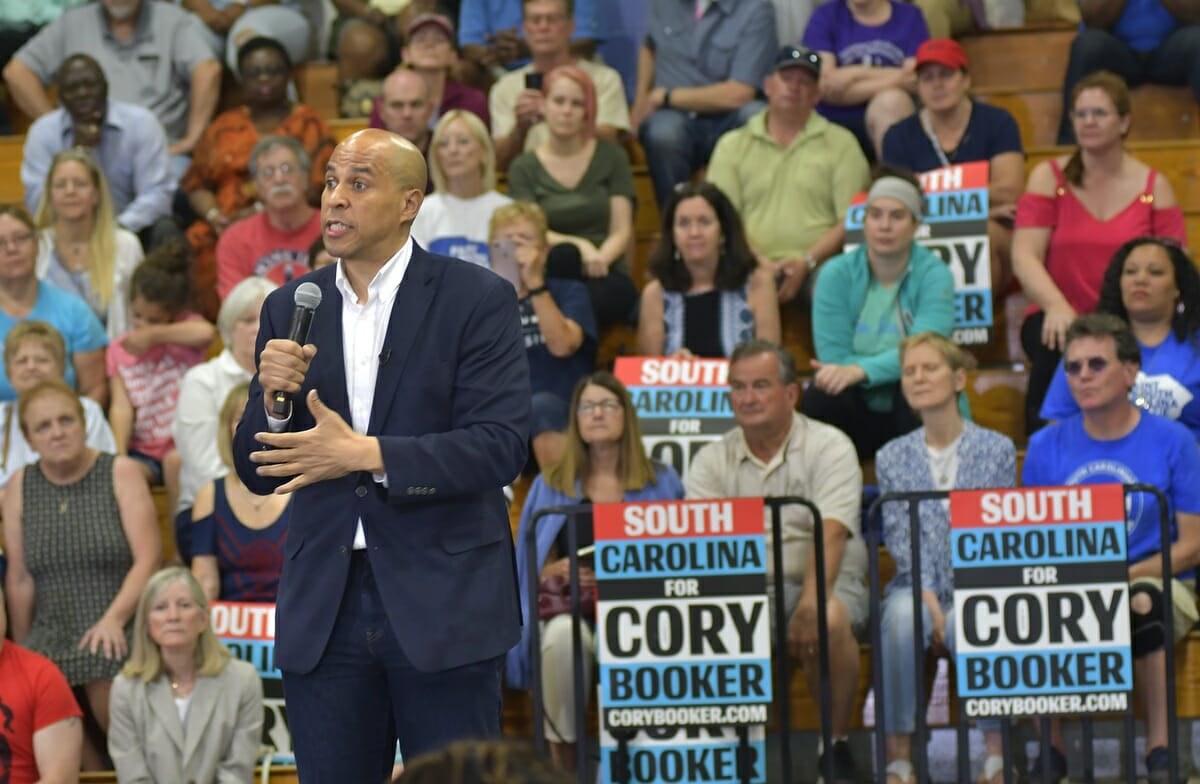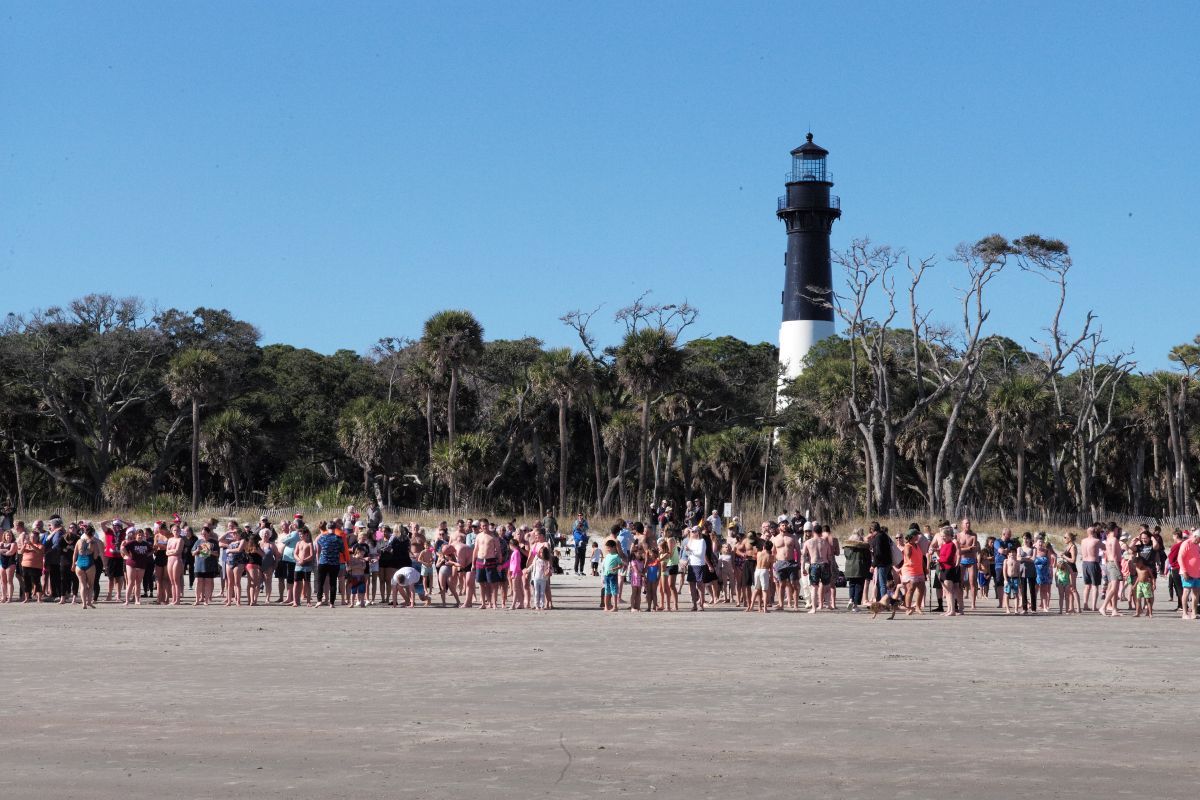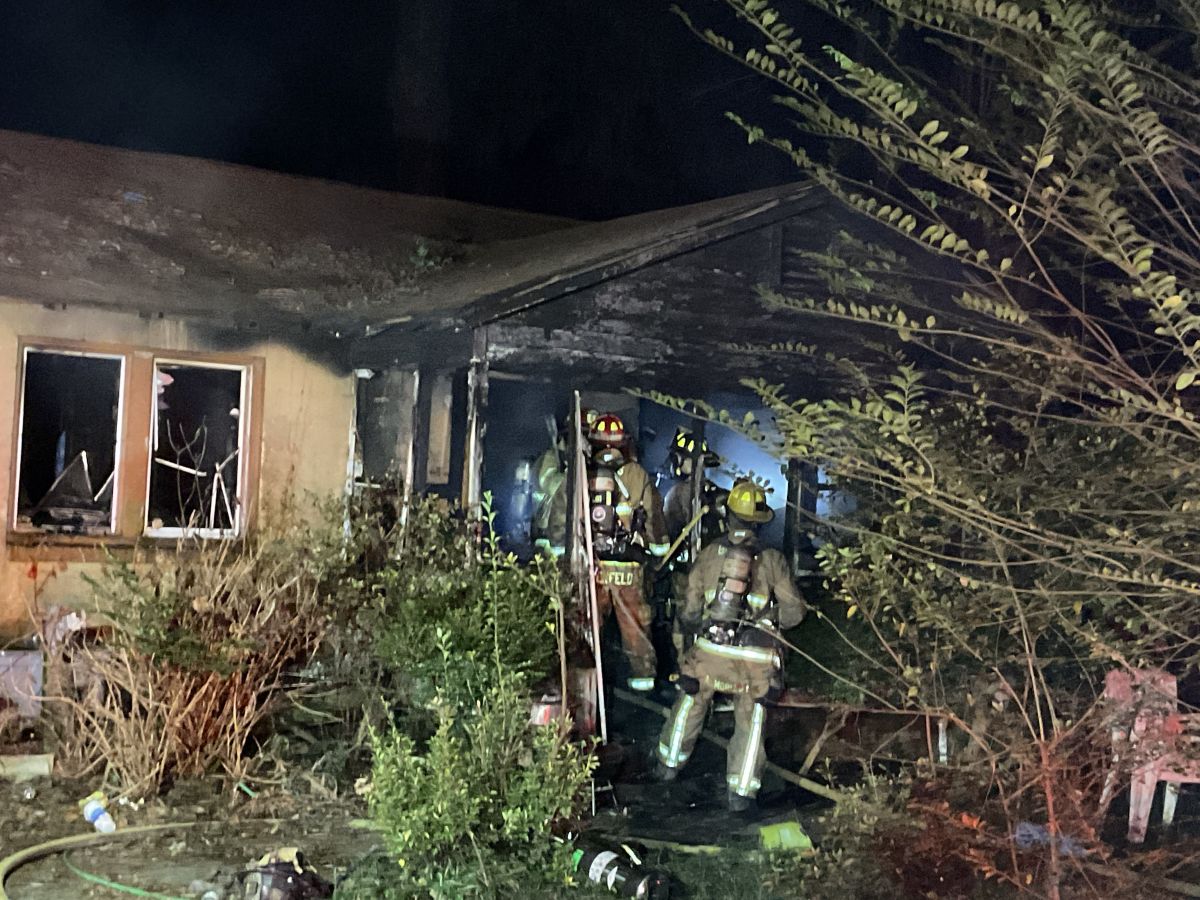By Mike McCombs
Beaufort County, along with many other coastal communities on the Atlantic coast, seemed to get at least a temporary reprieve when The Trump Administration was forced last week to delay its plans to expand offshore drilling after a court ruling.
“Any delay is good,” Beaufort mayor Billy Keyserling said. “But it’s a delay and not a permanent solution. I understand it is postponement related to pending litigation over other proposed sites. Accordingly, this is more about timing than scientific beliefs drawn from the facts.”
Department of the Interior spokeswoman Molly Block told the Associated Press that given the court setback, the agency “is evaluating all of its options.”
Governors, lawmakers and municipalities from both parties in coastal states have strongly opposed the expanded drilling.
“Today’s announcement is great news,” South Carolina governor Henry McMaster, a Republican, said. “South Carolinians can remain confident that we will continue our efforts to protect our pristine coastline and invaluable tourism industry from the destructive threats of seismic testing and offshore drilling.”
Joe Cunningham, Beaufort County’s representative in the 1st Congressional District, is the author of House Resolution 1941: The Coastal and Marine Economies Protection Act, which aims to permanently ban offshore oil and gas drilling off the coast of South Carolina.
“I welcome this news from Interior Secretary Bernhardt and the Trump Administration,” Cunningham, Democrat, said in a statement. “This decision is the result of constant pressure from coastal communities, environmental groups, and elected officials who made it abundantly clear that offshore oil and gas drilling is dangerous, unwanted, and a threat to our economy and way of life. I’m glad to see the Administration listened. However, this fight is far from over. We need legislation to permanently ban offshore oil and gas drilling and make sure that no Administration can put our communities at risk.”
“Momentum against testing and drilling is building, so it is now an opportune time for our state legislators to move forward in demonstrating broad opposition,” Keyserling said. “Furthermore, it gives Congressman Cunningham and others in the U.S. Congress a chance to press even harder to generate support for their permanent solution.
“This is not the end, but it creates a window of opportunity to work even more diligently while the administration is paused.”







